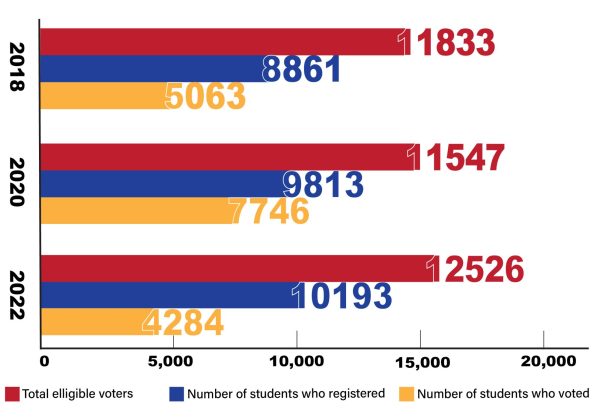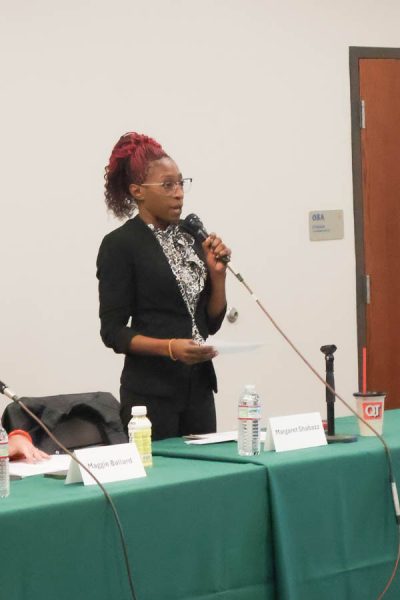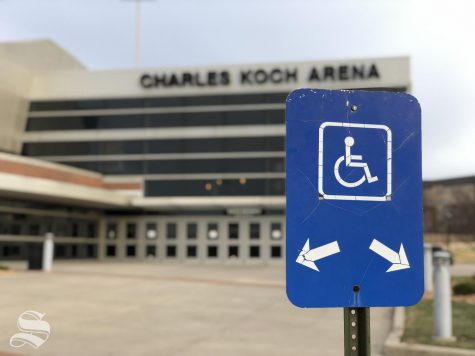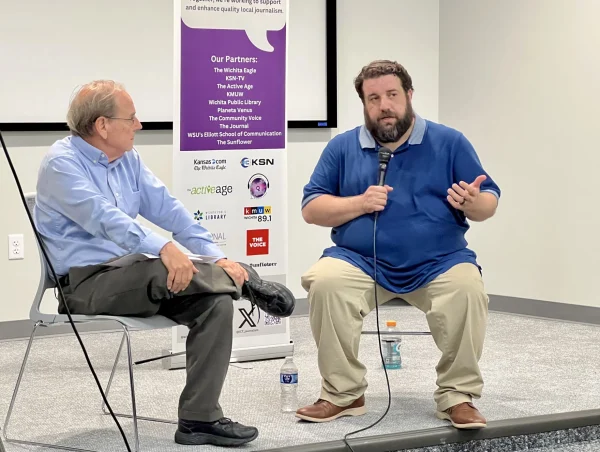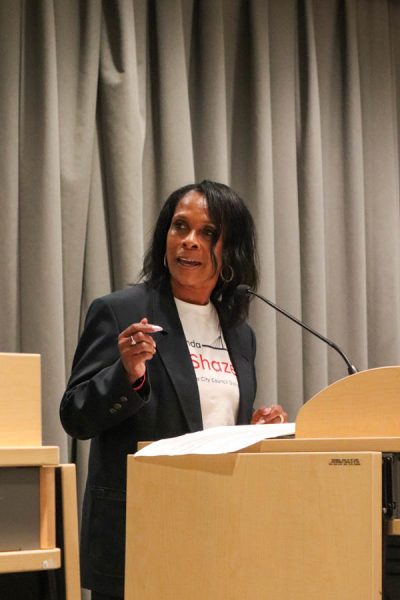Fraternity raises money for ALS foundation
For the first time Saturday, Kansas Delta Chapter of Phi Delta Theta Fraternity hosted the Clark Jackson Memorial Benefit to raise money for their philanthropy: the ALS foundation.
Jackson was an alumnus and member of the fraternity at Wichita State and died from complications of amyotrophic lateral sclerosis (ALS) in 2009. ALS is commonly referred to as Lou Gehrig’s disease, since Gehrig, a baseball player in the 1930s, was one of the first people affected by the disease.
Last summer the fraternity leadership decided to make the change from their regular fundraising events to instead honor Jackson while they raise money.
“Last year, we were unable to do the golf tournament,” said junior Jonathan Dennill, Phi Delta Theta president. “So that’s when we came up with the idea to have a event where it could be more inclusive. We are all about defying people’s idea of the Greek community, and this is how we are going to do it.”
The fraternity will donate more than $7,000 to ALS research with money they raised this year through fundraising with events such as the one on Saturday.
As people entered the third floor of Rhatigan Student Center in the Shirley Beggs Ballroom, there were people playing the cello and violin. Along the walls were art and gift baskets for people to bid on, and all the money was to be donated. There were tables where people could gather and eat the catered food. In the back room connected to the ballroom, there were pictures and videos of Jackson.
Other fraternity and sorority members showed up to support the benefit, including Tri Delta sorority member Corina Tuggle.
“We all come out to support each other’s events,” Tuggle said. “We are all connected, and they do the same for us.”
Junior Dalton Glasscock, Phi Delta Theta event chair, was pleased with the event’s turnout.
More than 80 people came out to the fundraiser.
“The perception a lot of people have of students is that we just go to school and go home,” Glasscock said. “Our fraternity is here to say that is untrue and that we do care about things going on in our society, like finding new ways to treat ALS.”



